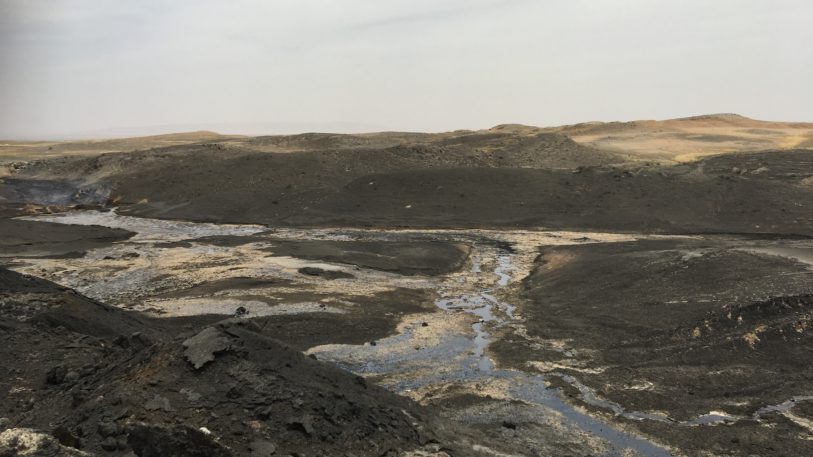For the first time,  on 24 March 2015, the Republic of Moldova, Romania and Ukraine tested how the three countries would jointly cooperate to respond to an industrial accident with possible transboundary consequences, such as an oil spill that might reach the Danube Delta.
on 24 March 2015, the Republic of Moldova, Romania and Ukraine tested how the three countries would jointly cooperate to respond to an industrial accident with possible transboundary consequences, such as an oil spill that might reach the Danube Delta.
The Danube river is shared by all three States and hosts unique ecosystems of over 5000 animal and plant species. The river is also a designated as a United Nations Educational, Scientific and Cultural Organization (UNESCO) World Natural Heritage Site. Several oil terminals are located upstream or within the Danube Delta, which increases hazard potential for the ecosystem. The test was conducted in the Civil Protection Emergency Situation Service in Chisinau, Republic of Moldova, by simulating an accident and discussing in a structured way possible emergency response, transboundary cooperation and mutual assistance activities.
The test was part of the project on improving hazard and crisis management in the Danube Delta, implemented under the auspices of the United Nations Economic Commission for Europe (UNECE) Convention on the Transboundary Effects of Industrial Accidents. The results and evaluations revealed areas for improvement in the trilateral cooperation strategy, which will be considered for the organization of an oil spill simulation exercise in the summer of 2015.
The results will be used for further development of a trilateral agreement on hazard and crisis management and a joint contingency Plan for the Danube Delta, expected to be adopted by the three countries later in 2015. While there are bilateral agreements between the two countries, there is currently no trilateral agreement allowing for a joint response. The Joint Contingency Plan will fill that gap and be an important new tool to improve the protection of the heritage site, water quality and the ecosystem.
The project is implemented under the auspices of the United Nations Economic Commission for Europe (UNECE) Convention on the Transboundary Effects of Industrial Accidents. Activities of the project related to Hazard and Crisis management were supported by financial support from Finland, Germany and the Netherlands.